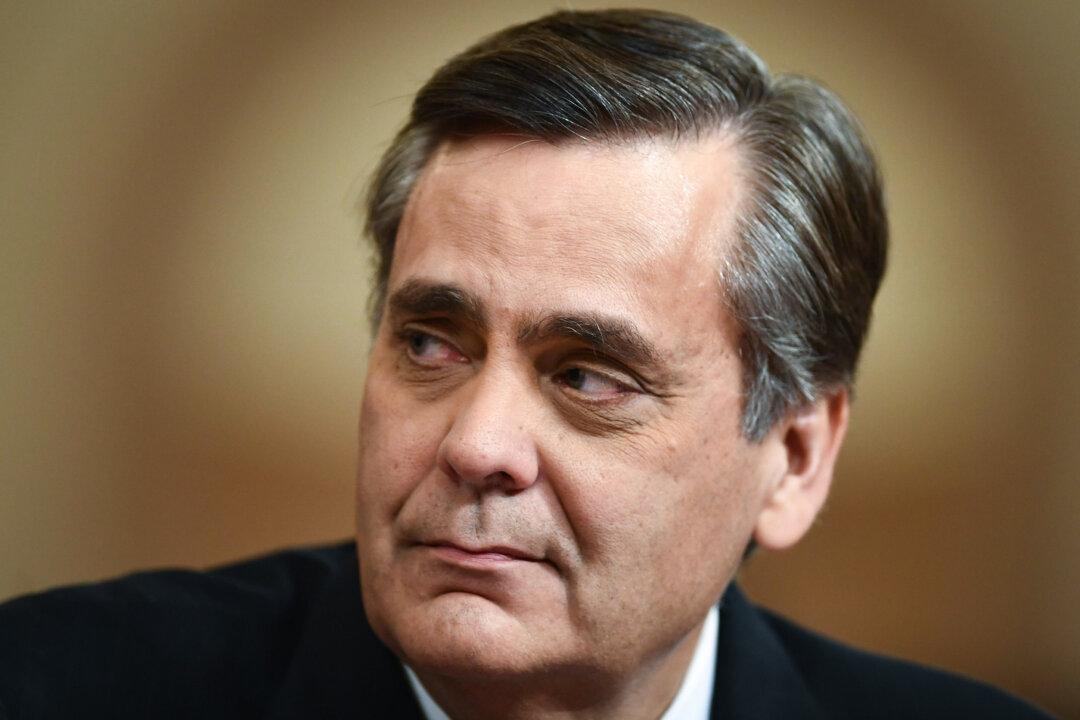A prominent law professor warned that Fulton County District Attorney Fani Willis’ case against former President Donald Trump appears to be “unraveling” amid questions over her relationship with Special Prosecutor Nathan Wade.
Over the past several days, attorneys for President Trump have filed new court documents in Georgia, suggesting that Ms. Willis and Mr. Wade may have been in a relationship for much longer than they admitted in court, following an analysis of Mr. Wade’s cellphone data. A co-defendant in January accused the pair of being in a secret relationship from which Ms. Willis and Mr. Wade allegedly profited.





